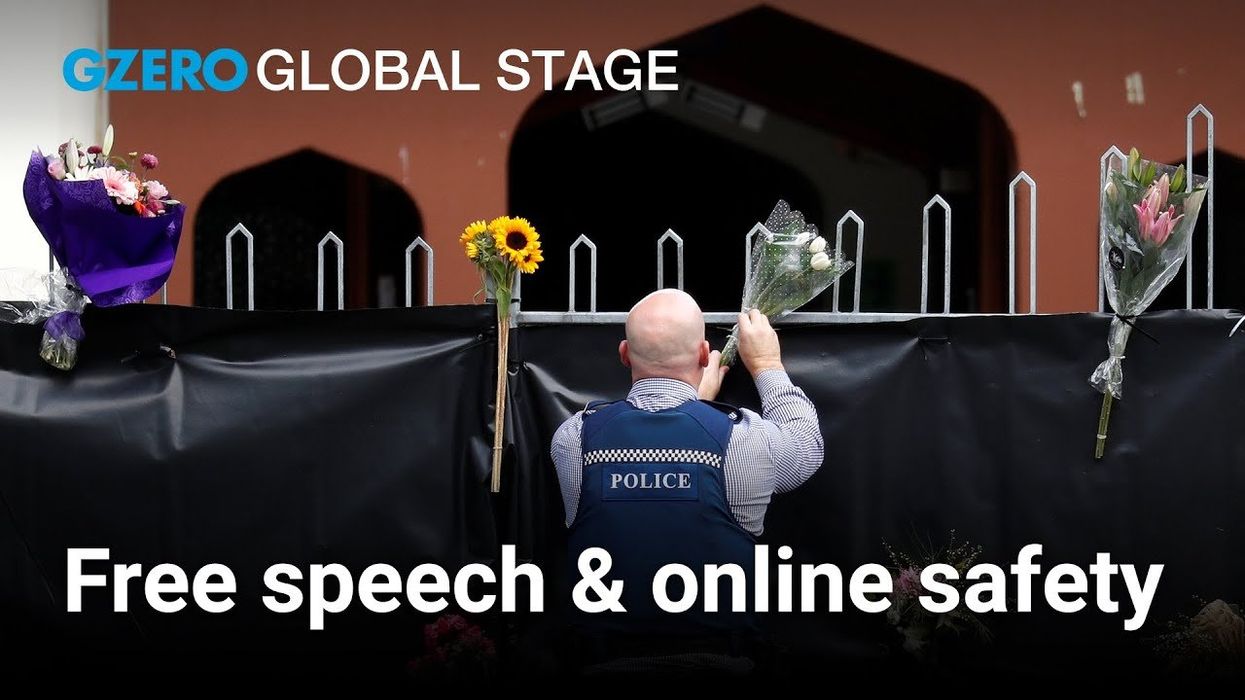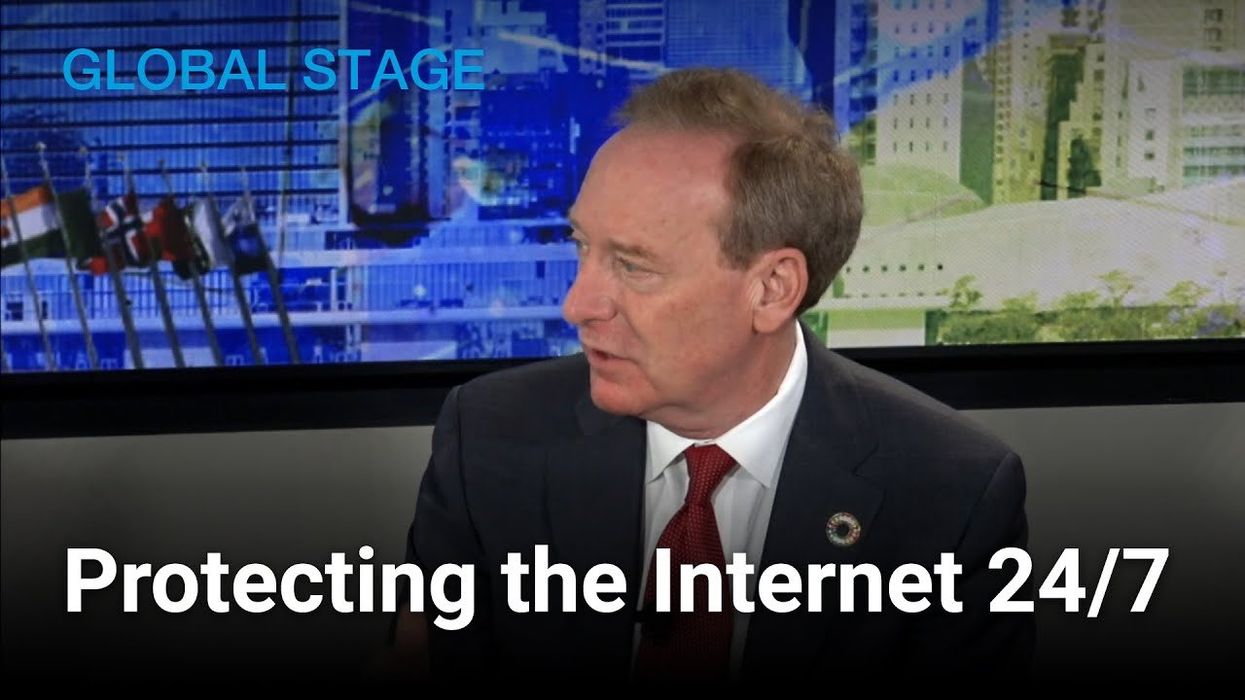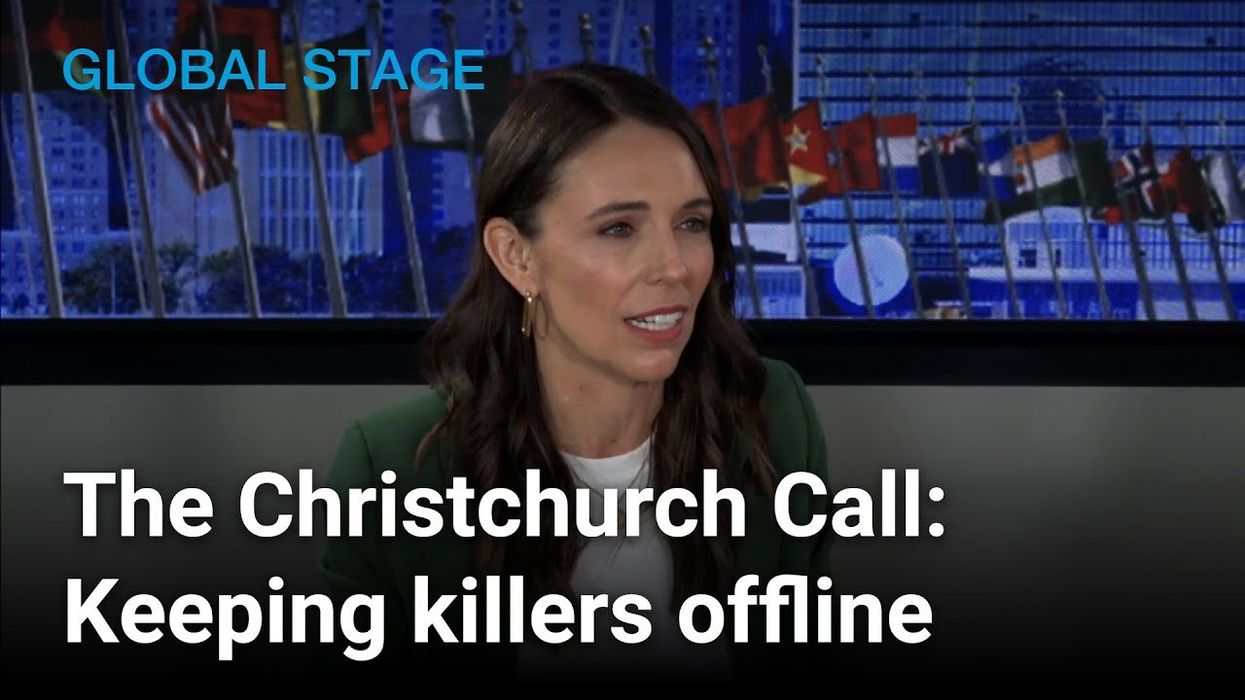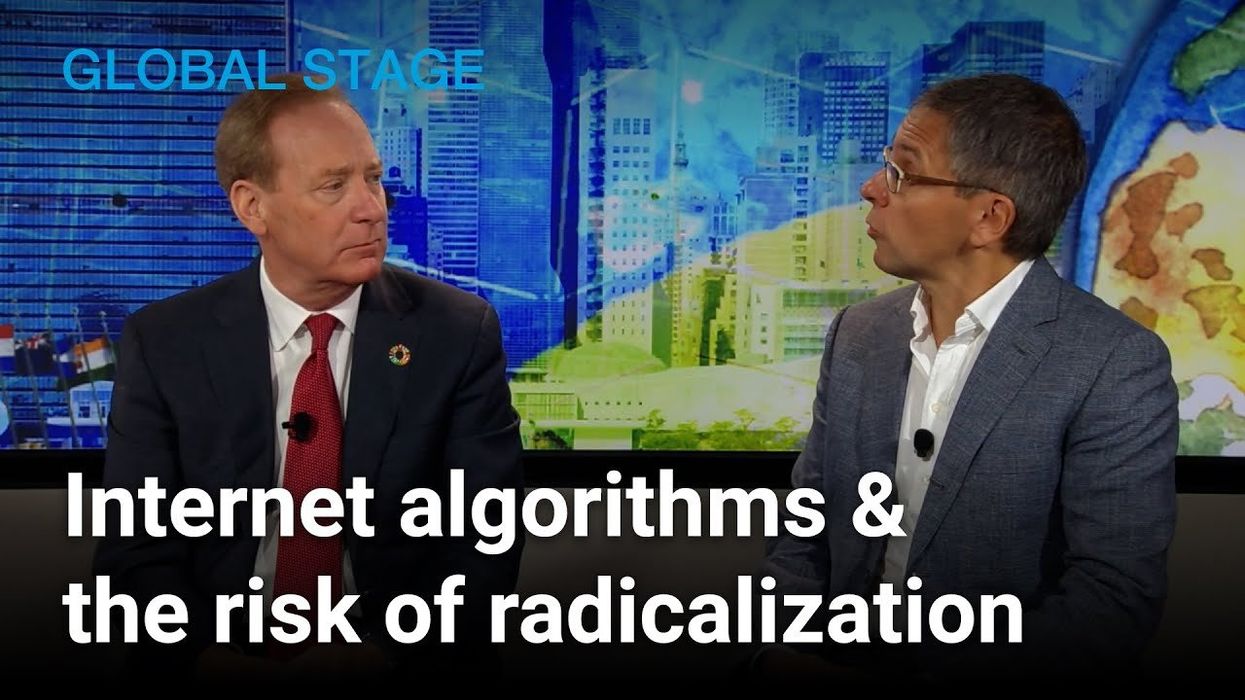Digital Governance
Fighting online hate: Global internet governance through shared values
After a terrorist attack on a mosque in Christchurch, New Zealand was live-streamed on the internet in 2019, the Christchurch Call was launched to counter the increasing weaponization of the internet and to ensure that emerging tech is harnessed for good.
Sep 30, 2023




